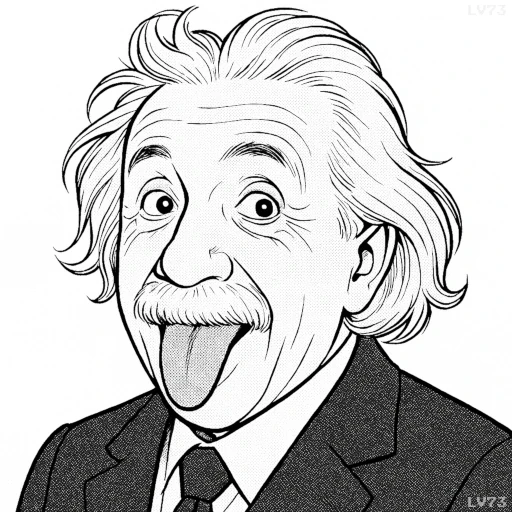“Solitude is painful when one is young, but delightful when one is more mature.”

- March 14, 1879 – April 18, 1955
- German-born Jew
- Physicist
table of contents
Quote
“Solitude is painful when one is young, but delightful when one is more mature.”
Explanation
In this quote, Einstein reflects on how our relationship with solitude evolves over time. He suggests that solitude can feel isolating and challenging in youth, a time when many people seek social connections, validation, and the excitement of group activities. Young people often struggle with being alone, as they are still developing their identity and may view solitude as loneliness. However, as one matures, solitude becomes a source of peace, reflection, and even joy. With age, solitude offers a chance to connect with one’s thoughts and emotions in a deeper, more fulfilling way.
Historically, many philosophers and writers have celebrated the value of solitude as a pathway to self-discovery and inner peace. Figures like Henry David Thoreau and Michel de Montaigne found that spending time alone fostered clarity, creativity, and personal growth. Einstein’s statement echoes this sentiment, suggesting that with maturity, solitude transforms from an experience of loneliness to one of inner richness and contentment.
In today’s world, Einstein’s insight encourages us to view solitude as an opportunity for growth and self-reflection. His words remind us that being alone can be both healing and enriching, especially as we come to appreciate solitude for the space it provides to explore our thoughts and passions. This perspective fosters a sense of comfort with solitude, inspiring us to embrace quiet moments as an essential part of personal well-being and self-understanding.
Would you like to share your impressions or related stories about this quote in the comments section?




